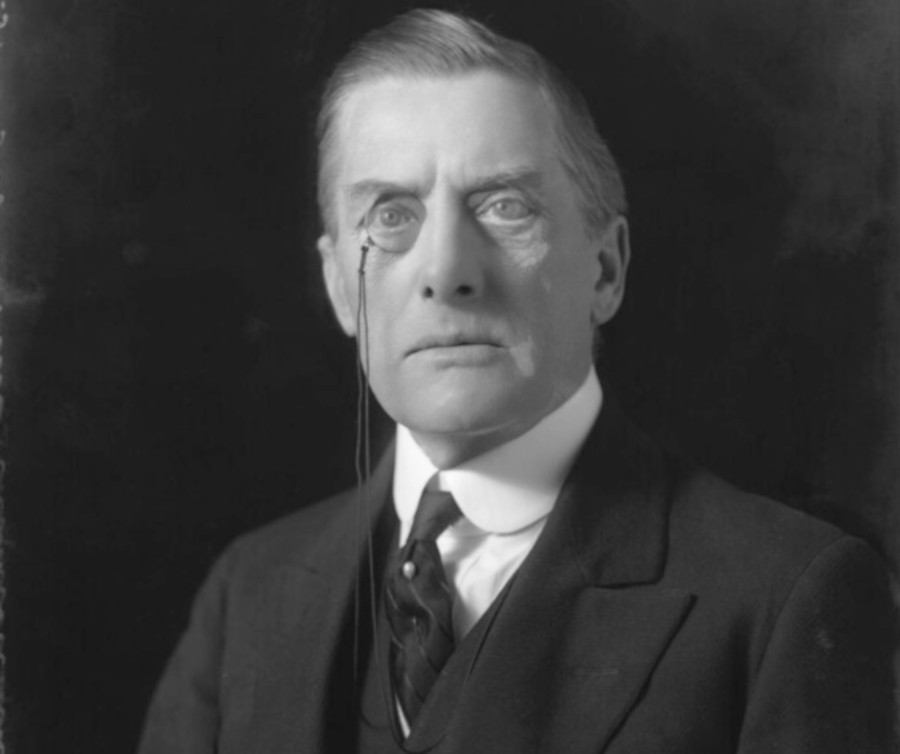British coalition government at risk over opposition of unionist ‘die-hards’
Westminster, 8 March 1922 – The stability of Britain’s Liberal-Conservative coalition government has come under strain owing to disaffected unionist groups within the Conservative Party.
The Liberal Prime Minister, David Lloyd George, is understood to be exasperated with the absence of support within certain sections the Conservative Party and is understood to have made it clear that the current situation within the coalition ranks cannot continue. Mr Lloyd George is believed to have gone so far as to offer his resignation as Prime Minister.
However, Conservative Party leader, Austen Chamberlain, has reiterated his determination to remain in government with Lloyd George, believing that it is in the national interest.
One of the principal areas of Conservative opposition to the coalition government is the issue of Ireland. So-called ‘die-hards’ in the Conservative Party, allied with unionist members from Northern Ireland, continue to press for amendments to the terms of the Anglo-Irish Treaty.
A manifesto titled a ‘Statement of Conservative and Unionist Principles’, published on 7 March, criticised the British government for its decision to negotiate with Sinn Féin by asserting that ‘grave crimes like murder, arson, theft, and intimidation for the promotion of political ends must be resisted by the whole force of the state.’
The document was signed by 16 senior politicians including Lord Carson and the Marquis of Londonderry.
The situation in Ireland was also addressed by former Tory Party leader Sir Arthur Balfour in a speech in London’s Carlton Club on 7 March. Mr Balfour urged his party colleagues to continue to support the coalition government and said that the old arguments between Conservatives and Liberals over Ireland had become absolutely irrelevant in light of the changes that had recently taken place.
Since the union can not be preserved in its current form, Balfour continued, what needs to be done now is ‘to do our best to see that Ulster is not coerced, that the south of Ireland obtains that which we have promised she shall have, and that the treaty which is now before parliament shall be carried out effectively, faithfully and truthfully in the eyes of all mankind. If that were done they might see Ireland in its own way a happy, contented, and integral portion of the empire.’

Arthur Balfour, former Conservative Party leader (Image: © National Portrait Gallery, London)
[Editor's note: This is an article from Century Ireland, a fortnightly online newspaper, written from the perspective of a journalist 100 years ago, based on news reports of the time.]





















